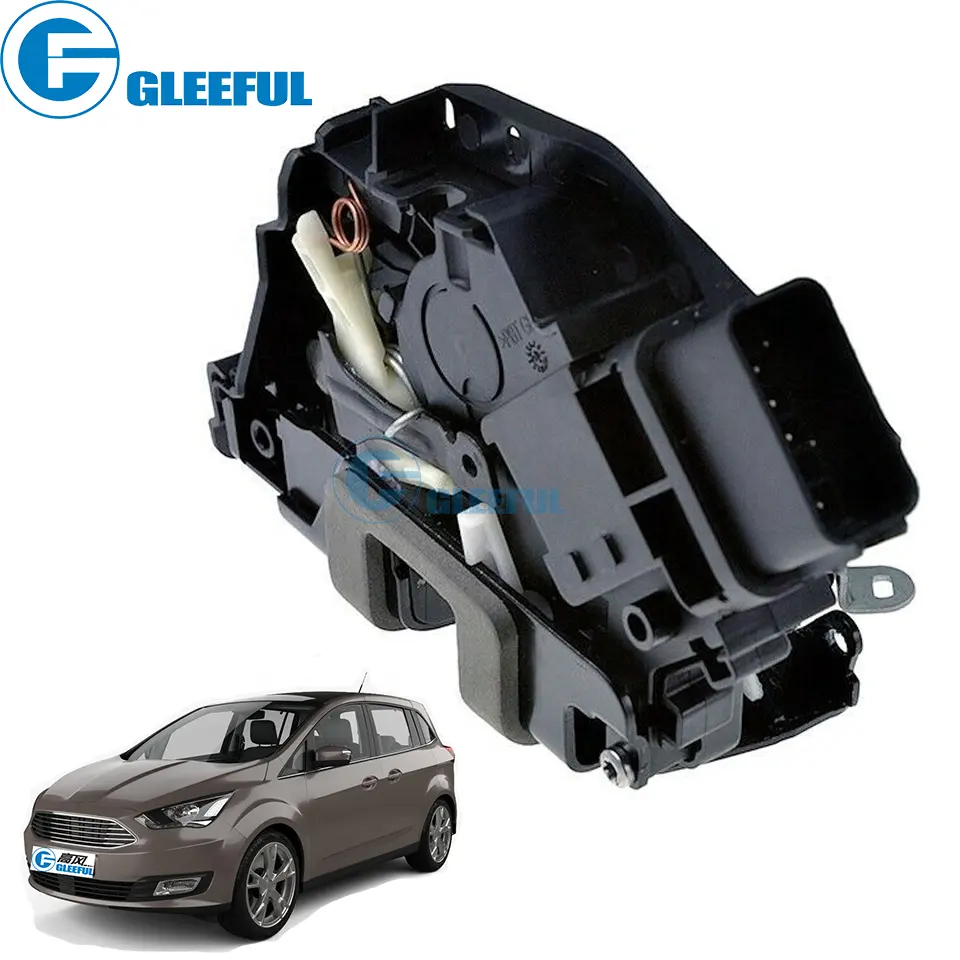As automotive technology advances, the way we secure our vehicles has evolved significantly. Understanding the differences between traditional and smart car door lock systems is crucial for making informed decisions about vehicle security. Central to both systems is the door lock actuator, a vital component in ensuring your car remains secure. This article will delve into the nuances of traditional and smart car door lock systems, focusing on the role of the door lock actuator and the benefits of each system.
Traditional car door lock systems have been around for decades, providing a reliable and straightforward method for securing vehicles. These systems typically involve manual or electronic locks activated by a key or a key fob.

Mechanical Locks: In older vehicles, mechanical locks are common. These require a physical key to lock and unlock the doors.
Electronic Locks: Modern traditional systems often use electronic locks controlled by a key fob. Pressing a button on the fob sends a signal to the door lock actuator, which locks or unlocks the door.
Door Lock Actuator: The door lock actuator is an essential part of the electronic locking system. It converts the electrical signal from the key fob into mechanical movement, locking or unlocking the door.
Smart car door lock systems represent the latest in vehicle security technology, offering advanced features and enhanced security. These systems use sophisticated electronics and connectivity to provide more convenience and control.
Smart Key Fobs: These fobs communicate with the car's locking system using encrypted signals, reducing the risk of unauthorized access.
Keyless Entry: Smart systems often include keyless entry, where the door unlocks automatically when the fob is within a certain range.
Remote Access: Many smart systems allow for remote locking and unlocking via smartphone apps.
Door Lock Actuator: Similar to traditional systems, the door lock actuator in smart systems converts electronic signals into mechanical actions to lock or unlock the doors. However, in smart systems, the actuator is often more advanced and integrated with other security features.
The door lock actuator is a critical component in both traditional and smart car door lock systems. Here’s a comparison of its role and functionality in both systems:
When deciding between traditional and smart car door lock systems, consider the following factors:
Security Needs: If enhanced security is a priority, smart systems offer advanced features that traditional systems cannot match.
Budget: Traditional systems are more cost-effective, both in terms of initial cost and maintenance.
Convenience: Smart systems provide greater convenience with features like keyless entry and remote access.
Compatibility: Ensure that any new system is compatible with your vehicle. Check whether the door lock actuator and other components will work seamlessly with your car’s existing setup.
Both traditional and smart car door lock systems have their advantages and drawbacks. The door lock actuator remains a vital component in both systems, ensuring your vehicle’s doors lock and unlock effectively. By understanding the differences and considering your specific needs, you can make an informed decision about which system best suits your vehicle. Whether you opt for the simplicity and reliability of a traditional system or the advanced security and convenience of a smart system, keeping your door lock actuator in good working order is essential for maintaining the safety and security of your car.
GET A QUOTE